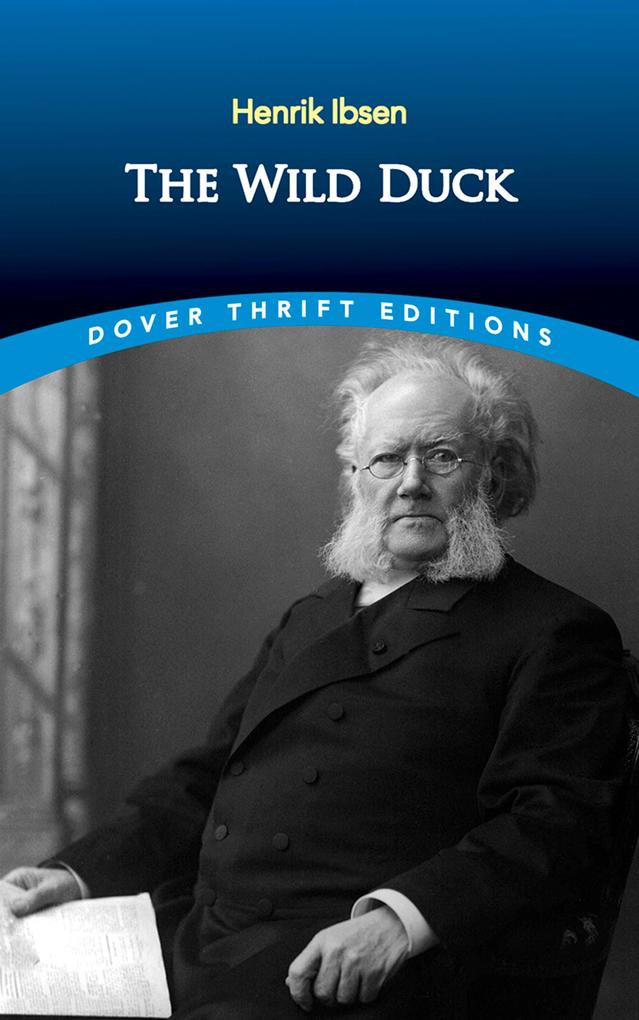
Sofort lieferbar (Download)
This 1884 masterpiece may have its genesis in the hostile reception Ibsen widely regarded as the father of modern realist drama had received from the Norwegian public and critics for Ghosts (1881), which gave theater-goers a larger dose of truth than most were willing to bear. His next three plays The Wild Duck, An Enemy of the People (1882), and Rosmersholm (1886) focused on the consequences of telling the truth, or forbearing to do so.
In The Wild Duck, the idealistic son of a corrupt merchant exposes his father's duplicity, but in the process destroys the very people he wishes to save. Convinced that reality is always superior to illusion, Gregers Werle forces his friends, the Ekdals, to face the truth about their lives. Unfortunately, the truth, involving scandal, illegitimacy, imprisonment, and madness, only serves to wound the Ekdals further. In the play, the wild duck is a symbol of this injured family, and perhaps of the loss of Ibsen's youthful idealism.
Moving and powerful, this thought-provoking tragedy shows clearly why Ibsen is regarded as one of the giants of modern theater.
In The Wild Duck, the idealistic son of a corrupt merchant exposes his father's duplicity, but in the process destroys the very people he wishes to save. Convinced that reality is always superior to illusion, Gregers Werle forces his friends, the Ekdals, to face the truth about their lives. Unfortunately, the truth, involving scandal, illegitimacy, imprisonment, and madness, only serves to wound the Ekdals further. In the play, the wild duck is a symbol of this injured family, and perhaps of the loss of Ibsen's youthful idealism.
Moving and powerful, this thought-provoking tragedy shows clearly why Ibsen is regarded as one of the giants of modern theater.
Mehr aus dieser Reihe
Produktdetails
Erscheinungsdatum
05. Juli 2012
Sprache
englisch
Seitenanzahl
96
Dateigröße
0,41 MB
Altersempfehlung
von 14 bis 99 Jahren
Reihe
Dover Thrift Editions: Plays
Autor/Autorin
Henrik Ibsen
Verlag/Hersteller
Kopierschutz
mit Adobe-DRM-Kopierschutz
Produktart
EBOOK
Dateiformat
EPUB
Gewicht
82 g
ISBN
9780486158143
Entdecken Sie mehr
Bewertungen
0 Bewertungen
Es wurden noch keine Bewertungen abgegeben. Schreiben Sie die erste Bewertung zu "The Wild Duck" und helfen Sie damit anderen bei der Kaufentscheidung.

































